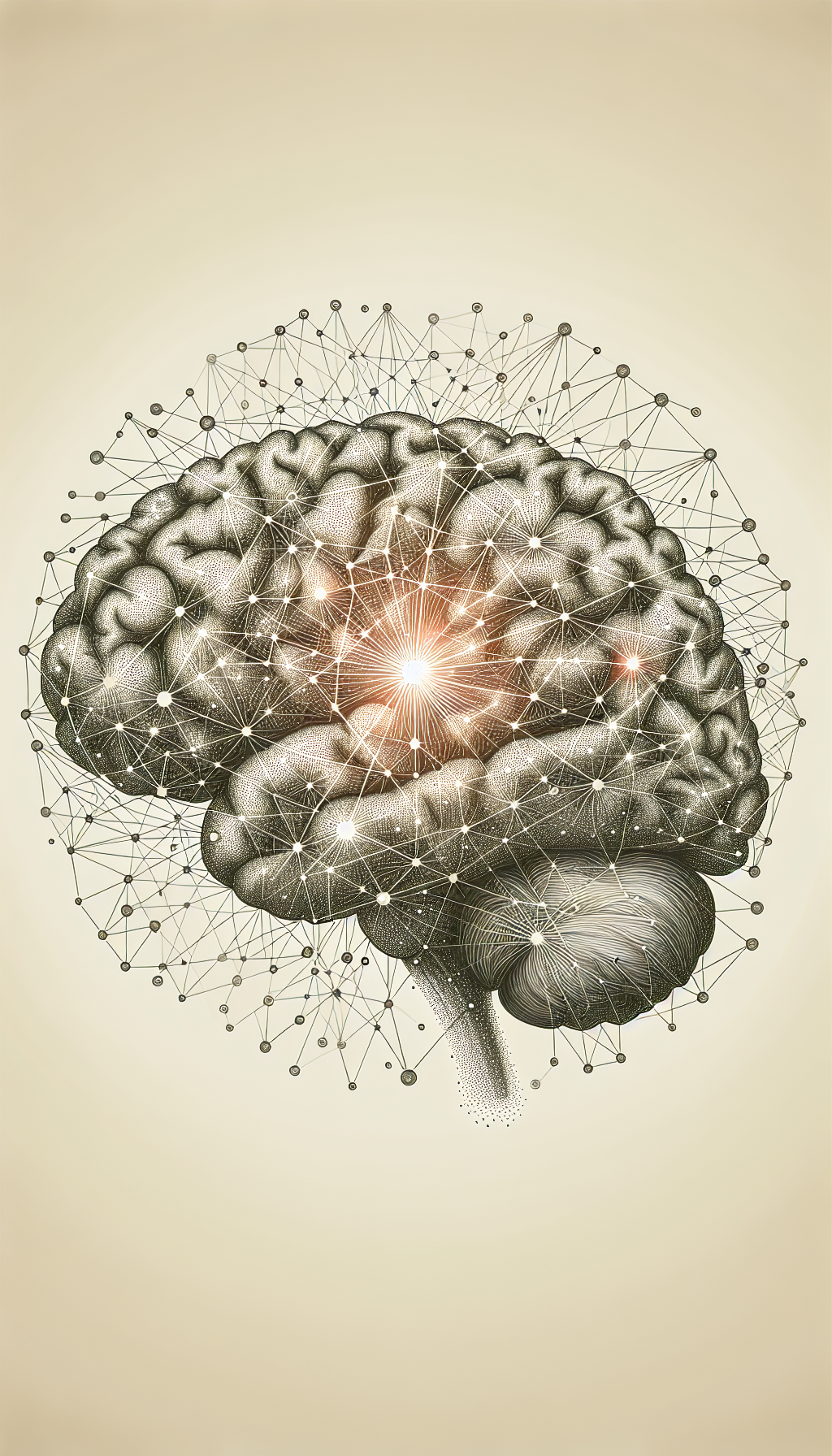Sleep is not merely a passive state of rest, but a critical function for maintaining overall health, particularly brain health. Understanding the intricate relationship between sleep and the brain is essential for promoting cognitive longevity and mental well-being.
The Science of Sleep and Brain Function
During sleep, the brain undergoes several processes that are vital for memory consolidation, learning, and neuroplasticity—the brain’s ability to adapt to new information and experiences. A key component of these processes is the sleep cycle, which consists of four stages: three stages of non-rapid eye movement (NREM) sleep and one stage of rapid eye movement (REM) sleep.
Sleep’s Role in Memory and Learning
Research has shown that sleep enhances memory consolidation, where short-term memories are transformed into long-term ones. This is particularly evident during REM sleep, when the brain is actively organizing and integrating new information. For more detailed insights into the cognitive benefits of sleep, readers can explore the comprehensive guide on Brain Health.
Neuroplasticity and Sleep
Neuroplasticity is the brain’s ability to change and adapt. Sleep is a promoter of neuroplasticity, allowing the brain to reorganize and form new neuronal connections. This is crucial for learning new skills and adapting to changes.
The Cleansing Role of Sleep
Recent studies have pointed out the significance of the glymphatic system, a waste clearance system in the brain that is more active during sleep. This system helps remove toxins that can accumulate and lead to neurodegenerative diseases. The importance of this process is further discussed in the article on Protecting Against Neurodegenerative Diseases.
Sleep’s Impact on Cognitive Health
Numerous studies have correlated good sleep hygiene with a lower risk of cognitive decline. In contrast, sleep disorders and chronic sleep deprivation can significantly impair cognitive functions, such as attention, problem-solving, and decision-making.
Sleep Deprivation and Cognitive Impairment
Chronic sleep deprivation can lead to a decline in cognitive performance. The effects can be immediate, with individuals experiencing memory lapses, reduced alertness, and difficulty in concentrating after just one night of insufficient sleep.
Sleep and Mental Health
There is a bidirectional relationship between sleep and mental health. Conditions like depression and anxiety can disrupt sleep patterns, while poor sleep can exacerbate or even trigger mental health issues. The intricate connection between sleep and mental health is further examined in the context of The Effects of Stress on Brain Health.
Sleep Disorders and Brain Health
Sleep disorders such as insomnia, sleep apnea, and restless leg syndrome can have profound effects on brain health. They not only impair cognitive functions but also contribute to the development of psychiatric conditions and increase the risk for neurodegenerative diseases.
Strategies for Improving Sleep
Improving sleep quality is essential for brain health. Here are some strategies to promote restful sleep:
Establishing a Sleep-Conducive Environment
Creating a bedroom environment that is dark, quiet, and cool can significantly improve sleep quality. Investing in a comfortable mattress and pillows can also make a difference.
Consistent Sleep Schedule
Going to bed and waking up at the same time every day, even on weekends, helps regulate the body’s internal clock and can improve the quality of sleep.
Mind-Body Relaxation Techniques
Engaging in relaxation techniques such as meditation, deep breathing exercises, or progressive muscle relaxation before bedtime can prepare the mind and body for sleep.
Limiting Stimulants and Screen Time
Avoiding caffeine and electronics before bedtime can prevent the disruption of natural sleep patterns.
External Resources for Further Reading
For those interested in exploring the scientific underpinnings of sleep and brain health, the following resources offer in-depth information:
- A study on the role of Sleep in Memory Consolidation provides insights into how sleep enhances cognitive processes.
- Research on the Glymphatic System offers a closer look at how the brain clears waste during sleep.
- An article on the Impact of Sleep Deprivation on Cognitive Performance highlights the immediate effects of poor sleep on the brain.
Integrating knowledge from these various sources can help individuals make informed decisions about their sleep habits and overall brain health.
Conclusion
Sleep is a fundamental pillar of brain health, crucial for memory, learning, and cognitive function. By understanding the role of sleep in brain health and implementing strategies to improve sleep quality, individuals can support their cognitive well-being and protect against cognitive decline.



